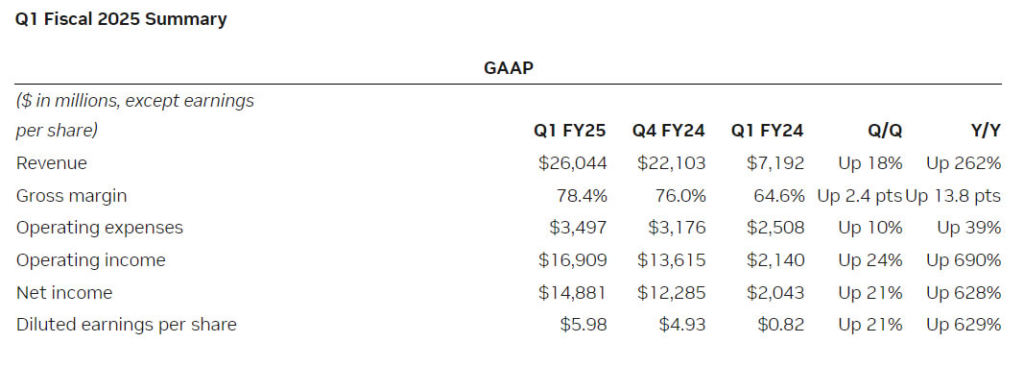US antitrust enforcer Jonathan Kanter said regulators must urgently examine the AI sector to prevent potential monopolies.
Jonathan Kanter, the antitrust enforcer for the United States, will inquire into the artificial intelligence (AI) sector in response to apprehensions regarding the concentration of power among a small number of companies.
Kanter stated in a Financial Times report that he was investigating the competitive landscape of AI and “monopoly choke points.” This encompasses hardware, cloud service providers, engineering talent, compute capacity, and data utilized to train large language models (LLMs).
An official in the United States seeks to prevent artificial intelligence monopolization.
Kanter asserts that the AI sector must act promptly to prevent the already dominant technology firms from monopolizing the market. The official expressed apprehension that regulators are concerned that AI is “at the high-water mark of competition, not the floor.”
The executive also stated that real-time intervention may be the most significant. “But the advantage of that is that you can be less intrusive,” he continued.
Kanter emphasized that the graphics processing units (GPUs) that are employed to train LLMs have become scarce. The official stated that antitrust regulators also evaluate chipmakers’ allocation of advanced products as demand increases.
Nvidia, a provider of GPUs, disclosed its Q1 earnings report on May 23, indicating that its revenue increased by 262% from the previous year. The company’s stock value reached a new all-time high of $1,007 following the report’s release, which elevated its valuation to over $2.5 trillion.

Kanter stated that government initiatives are currently being implemented to increase production. This encompasses the subsidies that are granted for the production of chips.
The Chips and Science Act, signed into law in 2022, allocated $39 billion in subsidies for semiconductor manufacturing in the country.
Janet Adams, the chief operating officer of SingularityNET in 2023, expressed apprehension regarding the monopolization of artificial general intelligence (AGI) by Big Tech companies. AGI is a conceptual version of AI that has the potential to think and evolve like that of a human.
Adams stated in an interview with Cointelegraph that the “dystopic” future many individuals envision with AI could occur if the technology is monopolized.
The executive thinks these large corporations will exploit the technology “for the benefit of the few” and will not help the world overcome inequalities.
The executive thinks that it is crucial to decentralize the development of AI through the use of blockchain technology to avert the worst-case scenario.



